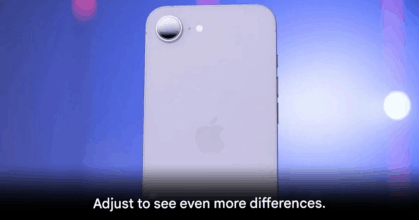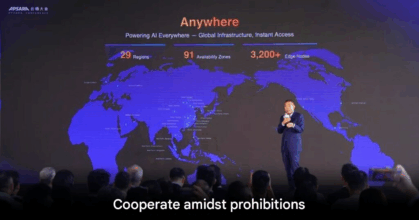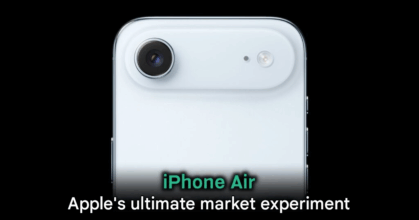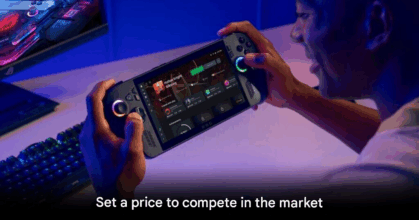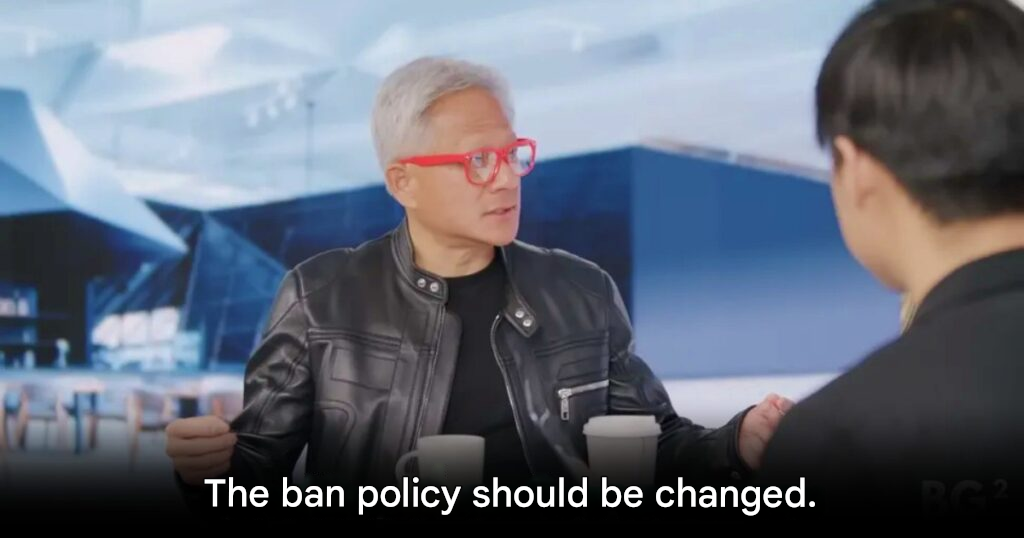
NVIDIA CEO Jensen Huang believes China is now only a “nanosecond” behind the United States in semiconductor technology, urging an end to market barriers and advocating for companies like NVIDIA to continue selling in China to strengthen US technological influence and geopolitical interests. Speaking on the BG2 podcast, Huang praised Chinese engineers and their relentless 9-9-6 work culture, calling them innovative, ambitious, fast-moving, and unrestrained.
This statement comes as NVIDIA seeks to reintroduce its H20 AI GPU to Chinese clients after months of disruption caused by updated US export regulations. The US Department of Commerce began issuing export licenses for the H20 in August 2025, and NVIDIA is already developing a next-generation chip that complies with these restrictions while delivering improved performance. This marks the company’s second attempt to adapt its AI accelerators for China after the A100 and H100 GPUs were banned from the market.
Meanwhile, China is accelerating its self-reliance strategy. Huawei plans to deploy a massive number of Atlas 900 A3 SuperPoD systems powered by its Ascend 910B chips in 2025, with a roadmap extending to 2027 that aims to match or surpass current-generation GPUs. These systems, which operate without CUDA and are tailored for Chinese software environments, represent a major challenge to NVIDIA, which once dominated 95% of China’s AI chip market.
China’s tech giants are fully backing this shift. Companies like Baidu, Alibaba, Tencent, and ByteDance are investing heavily in custom AI chips, with Tencent even restructuring its operations to support a fully domestic semiconductor ecosystem. Huang remains optimistic, stating, “China says it wants to be an open market and welcomes foreign competition, and I believe we will return to that point.”
NVIDIA’s strategy now focuses on maintaining its foothold in China while navigating geopolitical complexities. Although the H20 may not match the performance of its predecessors, it gives Chinese companies an interim option within NVIDIA’s ecosystem. Yet, mounting pressure from Huawei and the massive AI investments by China’s tech giants could significantly reshape the global AI chip landscape in the years ahead.


